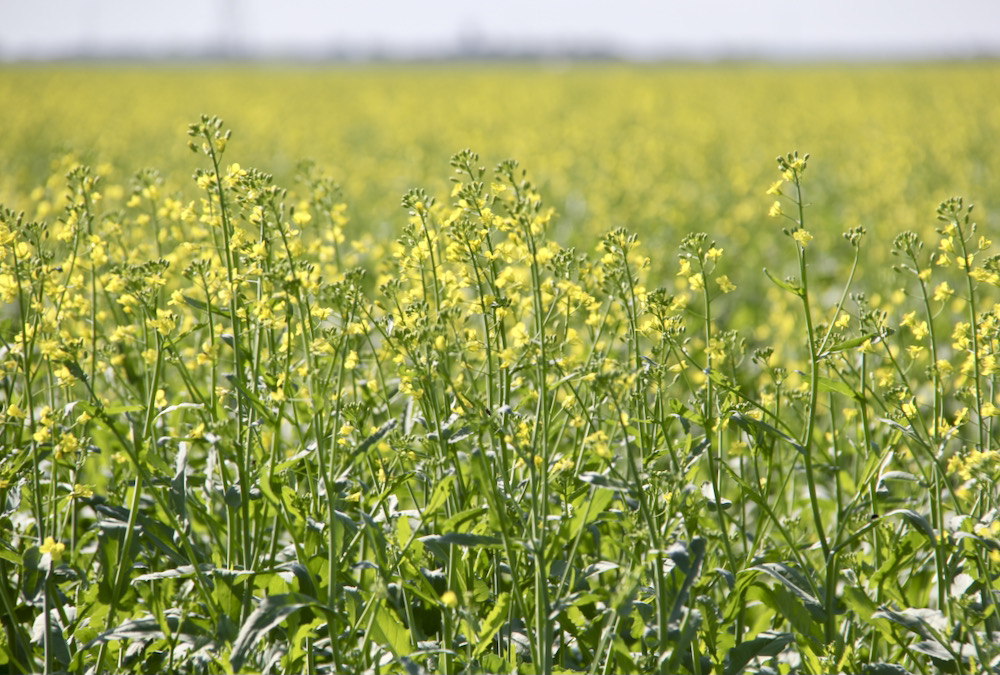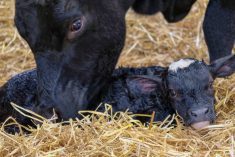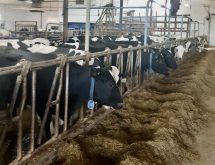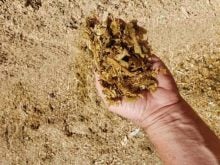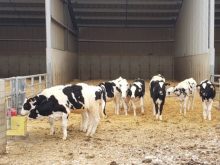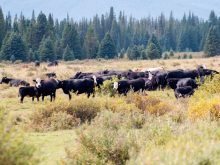If there is anything that defines a truly Canadian crop, it’s canola. Much of its intense breeding work started in the mid-60s by Drs. Downey and Stefansson. By the late 1970s, they successfully eliminated high levels of anti-nutritional components from rapeseed oil and turned it into a valuable food for humans. Likewise, canola meal, a byproduct of extracting oil from whole seed, is now a good fit into dairy diets for Canadian dairy milk cows.
As a dairy nutritionist, I like to draw from a palette of different feedstuffs to first meet the total dietary protein requirement of the high-producing milk cows. This includes forage proteins such as alfalfa haylage/hay and concentrate-proteins such as soybean meal, canola meal and corn distillers’ grains. Sometimes I look at other proteins such as corn gluten meal, but these proteins are easily available on most dairy farms and commercial feed mills.
Until about a year ago, I used a lot of soybean meal in several of my lactating feed programs. Then the $800/mt price of soybean meal forced me to reconsider a greater proportion of $600/mt canola meal in order to restrain some feed costs, yet maintain milk production on several dairies. Fortunately, I can formulate canola meal and/or soybean meal almost interchangeably in my lactating dairy diets, both as primary sources of crude protein (CP) and somewhat secondary source of rumen undegradable or ‘bypass’ protein’ (RUP).
Read Also
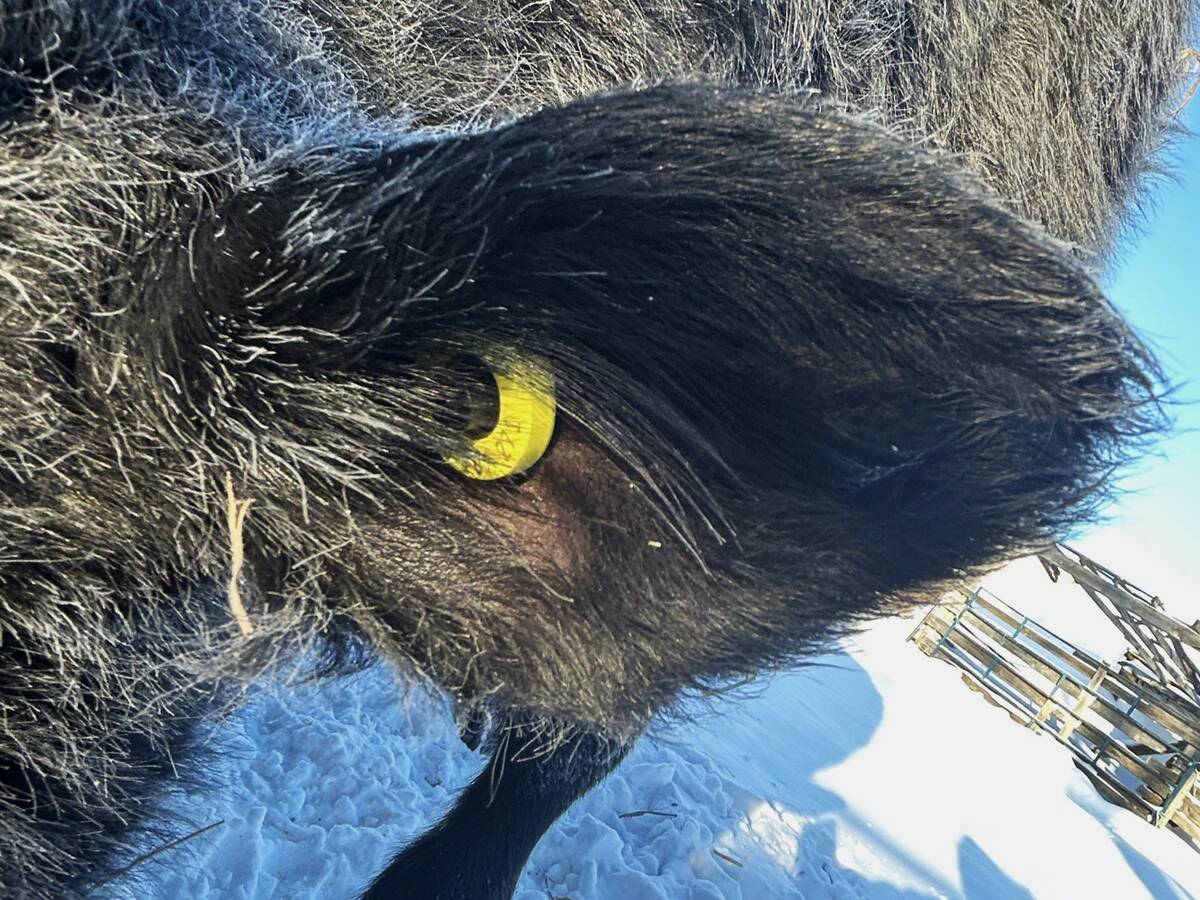
Get ready for an eventual transition on cattle traceability
When new federal cattle traceability rules do ultimately take effect, reporting requirements will vary for producers, transporters, feedlots and markets — but most of the onus will be on producers.
That’s because canola meal has a crude protein content of about 35 per cent and a bypass protein of 30-35 per cent (UIP per cent, CP), which in turn has a 75 per cent degradability in the lower gut. These nutrient specs are comparable to soybean meal with a consistent protein content of 46 per cent and a bypass protein level of 35.0 per cent (UIP per cent, CP), and is nearly all digested (94 per cent) in the lower gut. Finally, both of ingredients have a measured dietary energy (Nel) value of 1.80-1.90 Mcal/kg, which is slightly less than corn and barley.
Some researchers and fellow nutritionists often argue that the book values of RUP for canola are too low. They say that its soluble protein fraction is not equal to rumen degradable protein. Rather, they say a portion of this soluble protein should be added to its bypass protein, thereby increasing its RUP value to 44 per cent, which is higher than soybean meal’s. Furthermore, these people say that older software models wrongfully compute the indigestible lignin of canola meal, which only underestimates canola meal’s dietary energy.
Research supports canola
As supporting evidence, the University of Saskatchewan (2017) reported a literature review of 49 studies in which canola meal replaced a group of commonly used protein sources and soybean meal in lactating dairy diets, added up to 20 per cent (dm basis). As a result, cows fed canola meal as a major dietary protein replacement increased milk production — 0.7 kg per day (soybean meal) and 1.4 kg (other protein sources).
South Dakota University (2009) also formulated canola meal as a total and a partial protein substitute of corn dried distiller’s grains with solubles (30 per cent CP, 62 per cent RUP) in a common diet for 12 early/multi-lactation dairy cows. The data demonstrated that milk production and its components to be similar for all such treatments. The researchers concluded that canola meal was a good replacement for DDGS in most lactation dairy diets.
To put an economic face to such dairy nutrition, I often calculate the cost of canola meal protein as well as its bypass protein (RUP) and compare them to those of soybean meal and DDGS:
- Canola ml protein = $500 mt/.35 = $1,428/mt vs Soybean ml = $650/.46 = $1.413/mt. *Recent autumn commodity prices.
- *Canola ml RUP = $500 mt/.35/.44 = $ 3.247/mt vs soybean ml RUP (35 per cent of CP, as fed) = $650/.46/.35 = $ 4,037/mt. *New canola meal RUP value.
- Canola ml RUP = $500 mt/.35/.44 = $ 3,247/mt vs DDGS RUP (60 per cent of CP, as fed) = $410/.28/.60 = $ 2,440/mt. *New canola meal RUP value.
These are straightforward feed costs to review when formulating canola meal as a nutritious yet economical ingredient in lactating dairy diets. In a recent dairy feeding program that I was revising; I substituted one kilogram of soybean meal ($0.65) for 1.2 kg of canola meal ($0.60) in the lactating dairy diet and saved about $0.08 per lactating cow per day. For this 200-milking cow dairy, this cost-saving was a draw, yet milk production and milkfat was maintained.
– Peter Vitti is an independent livestock nutritionist and consultant based in Winnipeg. To reach him call 204-254-7497 or by email at [email protected].


